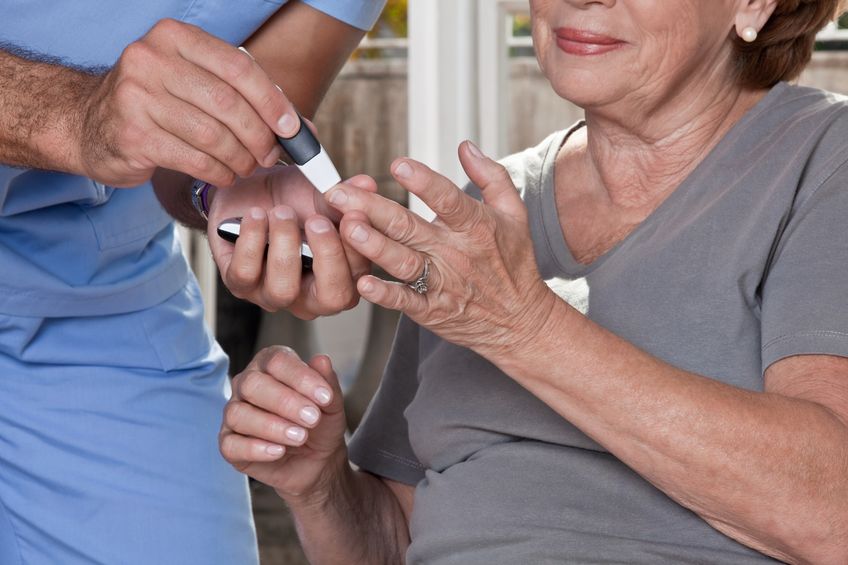An Aspiring Pharmacist Wonders About Diabetes Patients
There are a lot of bright young people going into pharmacy. I was talking with Jay, a student from Minnesota who was interviewing for pharmacy school. I asked about an important healthcare concern in the US. Jay’s answer was interesting in that it made me think about an advertisement I hear almost daily and helped me put patient behavior in perspective.
Each weekday morning, I awaken to the Doc Thompson show – “the fusion of entertainment and comedy” – on TheBlaze.com/radio. During the show there is usually an advertisement for some kind of program to “drop your blood sugar” by some dramatic amount with anecdotal reports of patients who stopped taking their insulin after starting the program. (BTW, I do NOT recommend this without talking to your prescriber or pharmacist.)
So, Jay is wondering about all the diabetic patients who are taking their diabetes medicine, but not otherwise caring for their diabetes. As a poor student, he’s thinking that if he had diabetes, he’d take the cheap route and do some things that would help his diabetes and possibly decrease the number of drugs he might be on and thereby minimize the financial burden of his disease.
Life can be pretty simple. In the case of diabetes, there is an imbalance between the amount of carbohydrates the patient is eating and the amount of insulin that the pancreas can produce. The liver, muscles and fat can respond by becoming less sensitive to the effects of insulin in Type II diabetes.

Diabetes
There are two basic approaches to treating diabetes:
- eat fewer carbohydrates
- produce or take more insulin.
Treating diabetes can also be relatively simple for most patients. If you’re diagnosed with diabetes and have good kidney function, you’ll likely be asked to take metformin, a drug that helps your liver respond to diabetes and improves long term outlook for patients. You’ll also be asked to do something that helps balance your carbohydrates and your insulin; this could include diet, exercise and/or medications.
As Jay notes, most patients concentrate on what medications can do for them, while neglecting what other things they might do for themselves. Many patients are looking for the secret cure for their diabetes … the kind of secret information that you could buy from a radio ad to help you take care of your diabetes.
Here is an amazingly simple plan that you can follow and that has a high likelihood of helping your diabetes:
- Control your diet and limit your carbohydrate intake, so your body has a better chance to handle the carbohydrates that you eat;
- Lose some weight if you can, so your body does not have to supply as much insulin to control your blood sugar;
- Exercise if you can, so your body burns more calories and conditions your liver and other organs to better handle carbohydrates.
You likely heard this same type of plan from your prescriber when you were diagnosed with diabetes, perhaps from a nutritionist along the way, and again from your pharmacist when you picked up your diabetes medication. In some patients this plan can drop your blood sugar by dramatic amounts and may even prompt prescribers to decrease or discontinue a patient’s insulin injections.
Sometimes diseases seem too big to take on by ourselves. It can take someone from the outside, like Jay, to notice that patients are not always doing what they can to help their diabetes.
There is no secret health formula to hunt for – all health professionals pretty much will recommend the same lifestyle changes for diabetes. (They’re actually not bad lifestyle changes for just about everything!) The health professional with the most valuable information will just the one you’ll listen to. Talk to your doctor before beginning any exercise regimen.
Next time you have the opportunity, talk with and pay attention to your prescriber or pharmacist; you might be surprised at how much better you can feel after taking some small step to help your diabetes. Talk to your doctor before making any changes or alterations to your medications or lifestyle. Focus on taking good care of yourself.











